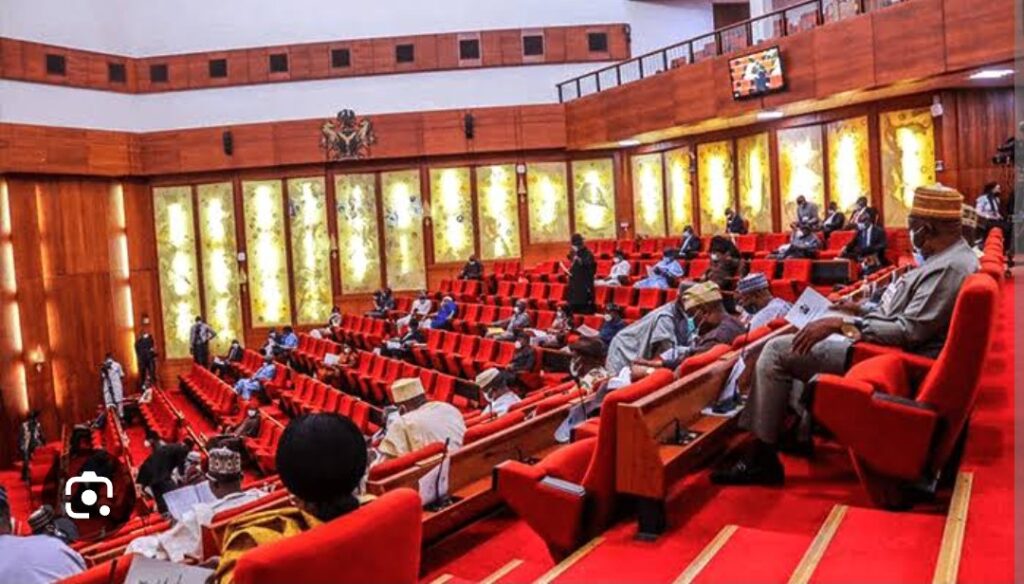The Nigerian Senate has called for enhanced budgetary allocations to universities in the 2025 budget as part of efforts to address the rising issue of brain drain and other critical challenges facing the higher education sector.
This decision followed the adoption of a motion titled “Urgent Need to Address Challenges of Increasing Cases of Brain Drain in the Nigerian University System,” sponsored by Senator Anthony Ani (APC-Ebonyi) during Tuesday’s plenary.
Senator Ani emphasized the alarming rate at which highly educated professionals, particularly in academia, are leaving Nigeria in search of better working conditions. He noted that this growing trend has worsened the skill gap in the country’s workforce, threatening its potential for economic growth and development.
“The National Universities Commission (NUC) report shows that many Nigerian universities are functioning with less than 50 per cent of the required academic staff,” Ani pointed out, stressing that the situation is unsustainable.
He further lamented that Nigerian university lecturers receive some of the poorest remunerations globally, with their salaries having not been reviewed in over 15 years. He added, “This cannot meet the country’s current economic realities.”
Senator Ani also raised concerns about the far-reaching impact of the brain drain phenomenon, especially in key fields like engineering, medicine, and the sciences. “Brain drain has assumed an unprecedented posture in recent times due to the current economic situation of the country,” he warned.
As part of its resolutions, the Senate mandated the Committee on Tertiary Education and Tertiary Education Trust Fund (TETFUND) to collaborate with relevant government agencies to develop strategies aimed at curbing the brain drain in Nigerian universities.
In his closing remarks, Senate President Godswill Akpabio highlighted the importance of addressing the root causes of brain drain, which he attributed primarily to economic challenges. He urged a review of personnel policies in tertiary institutions to help mitigate the crisis.
“All hands must be on deck to propose solutions to this issue, which remains a serious concern in the nation’s tertiary education,” Akpabio said.
This move by the Senate reflects the growing concern over the future of Nigeria’s higher education system, as the country grapples with the loss of critical talent and expertise needed for national development.
